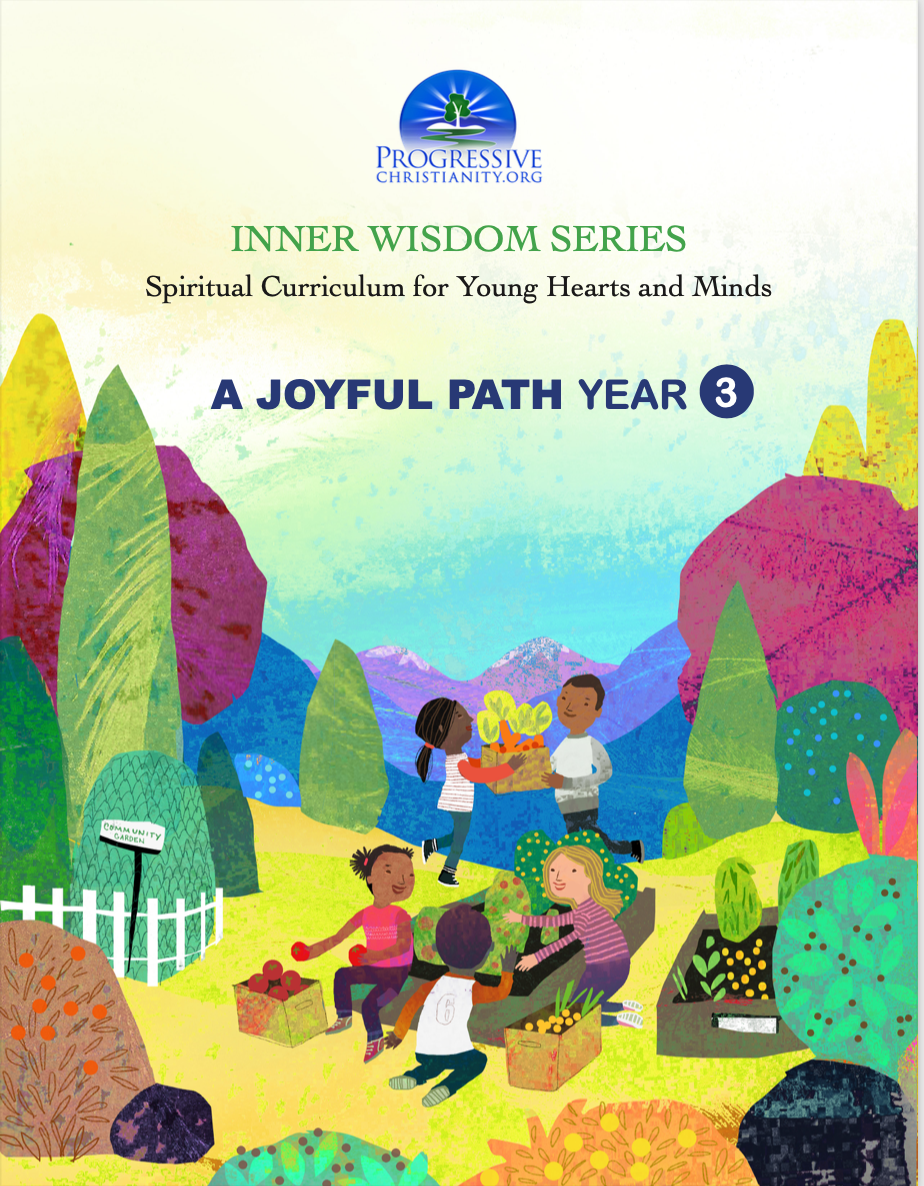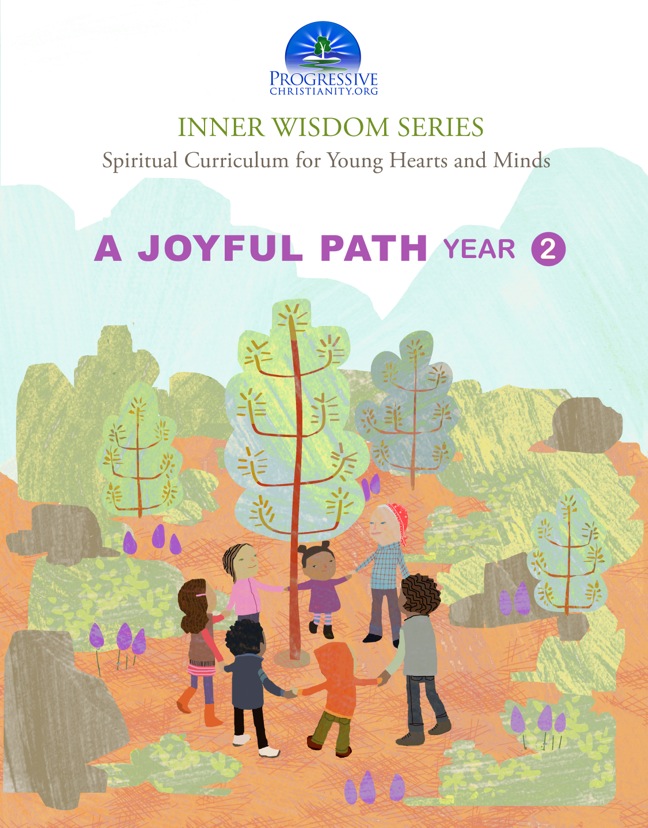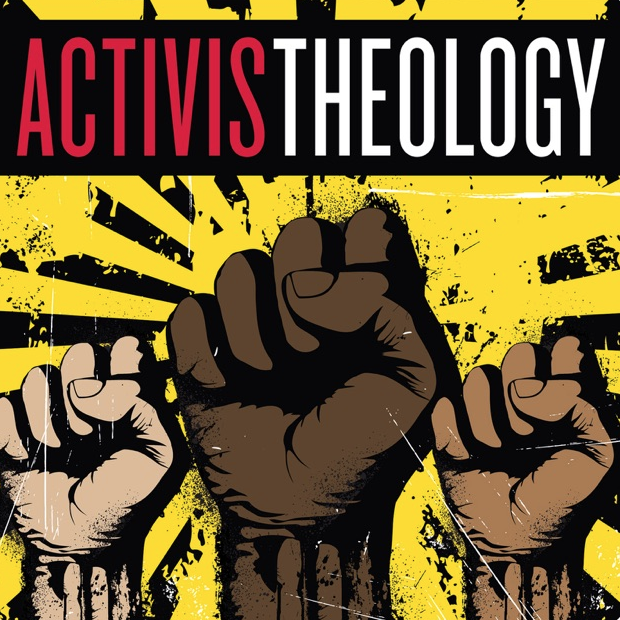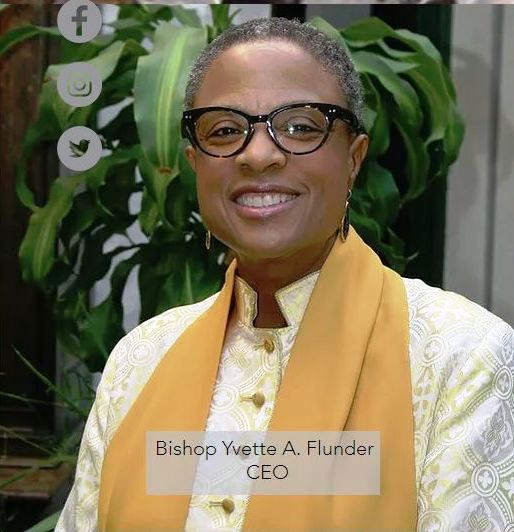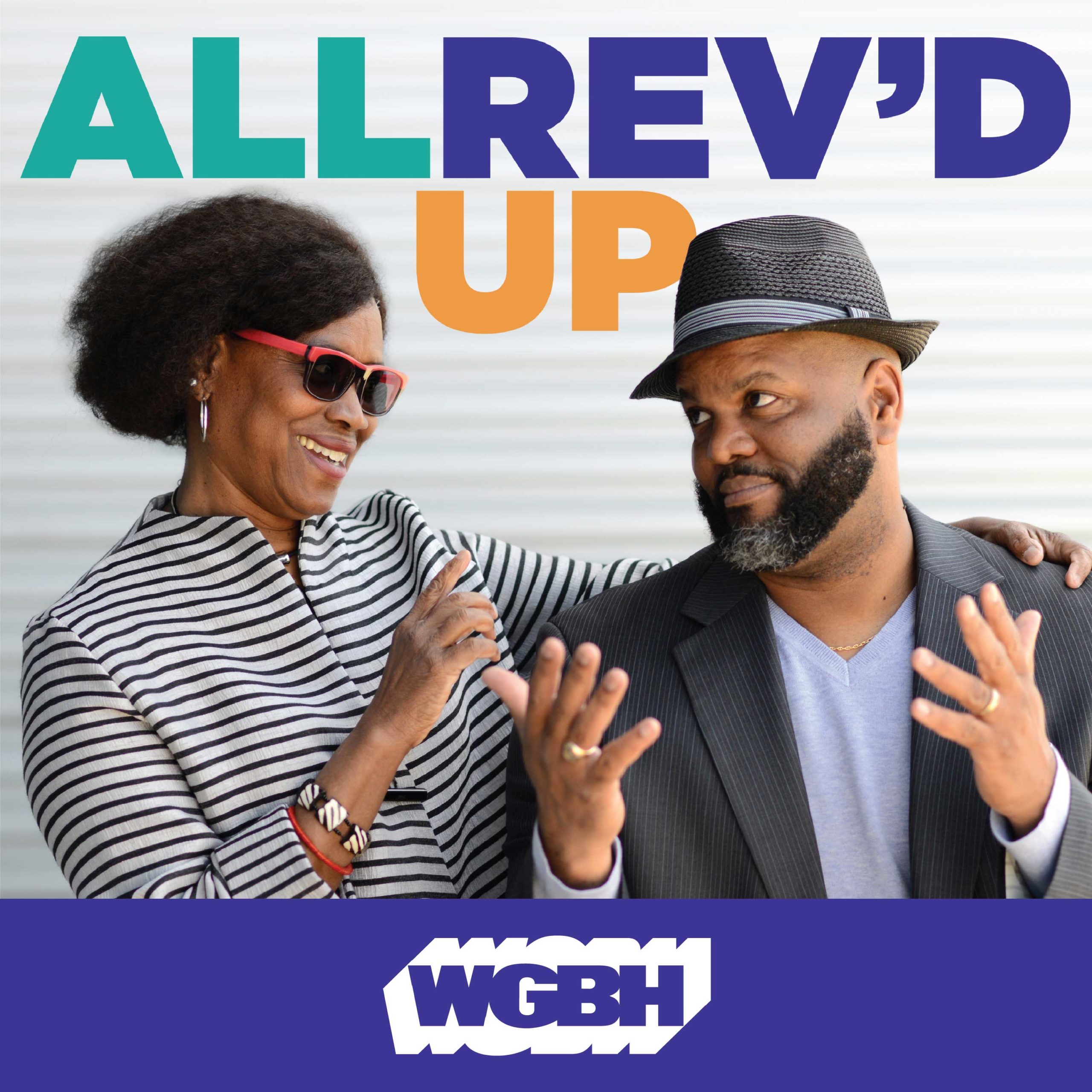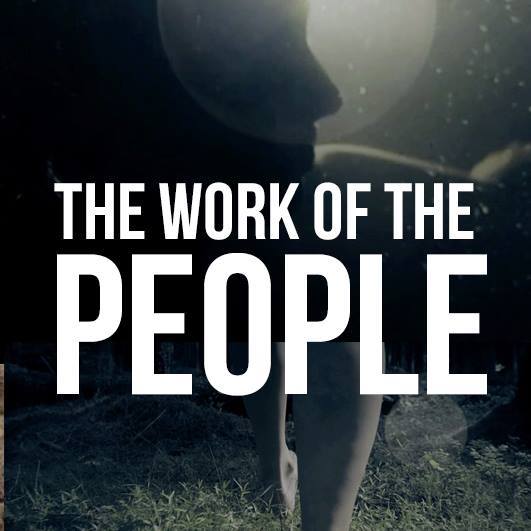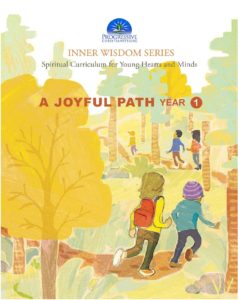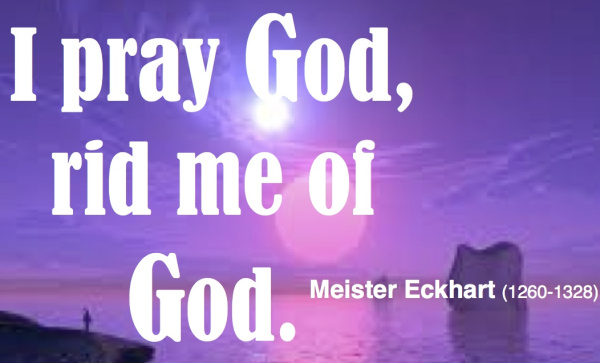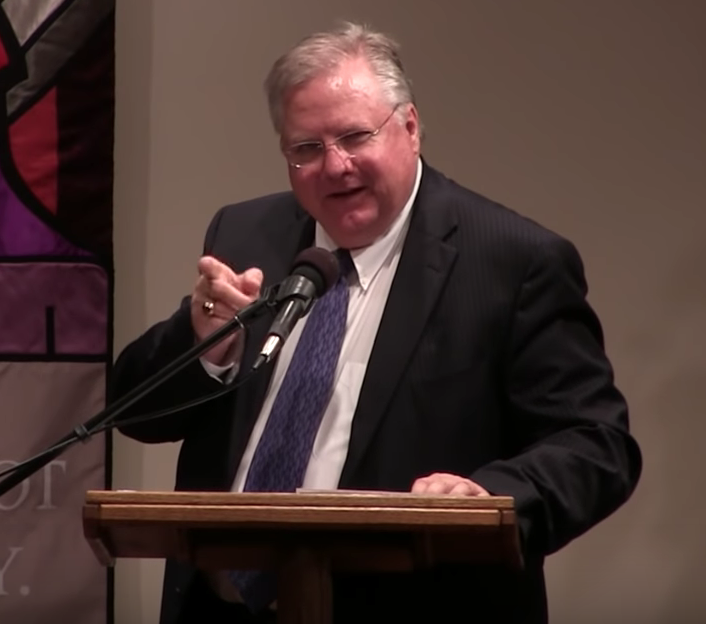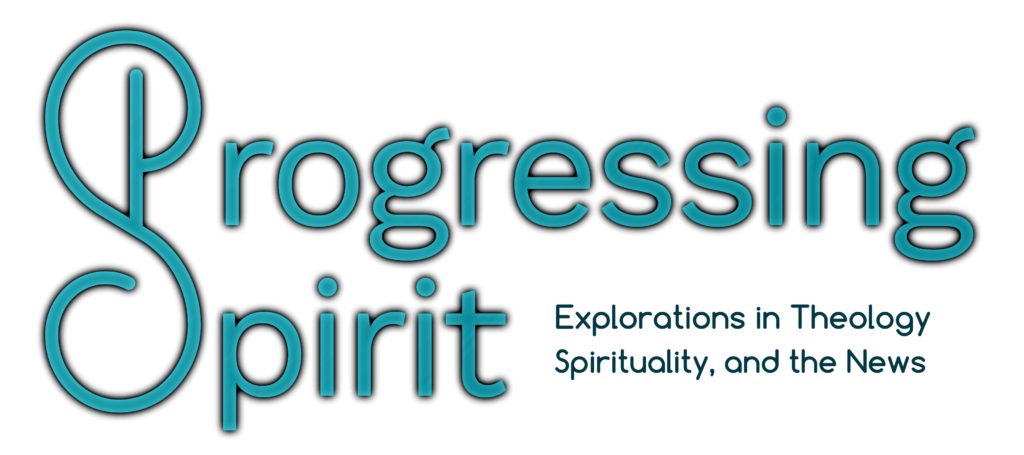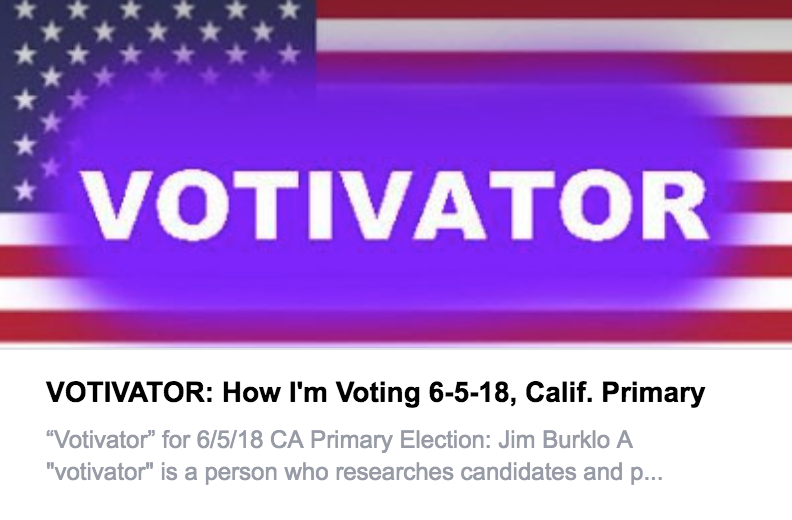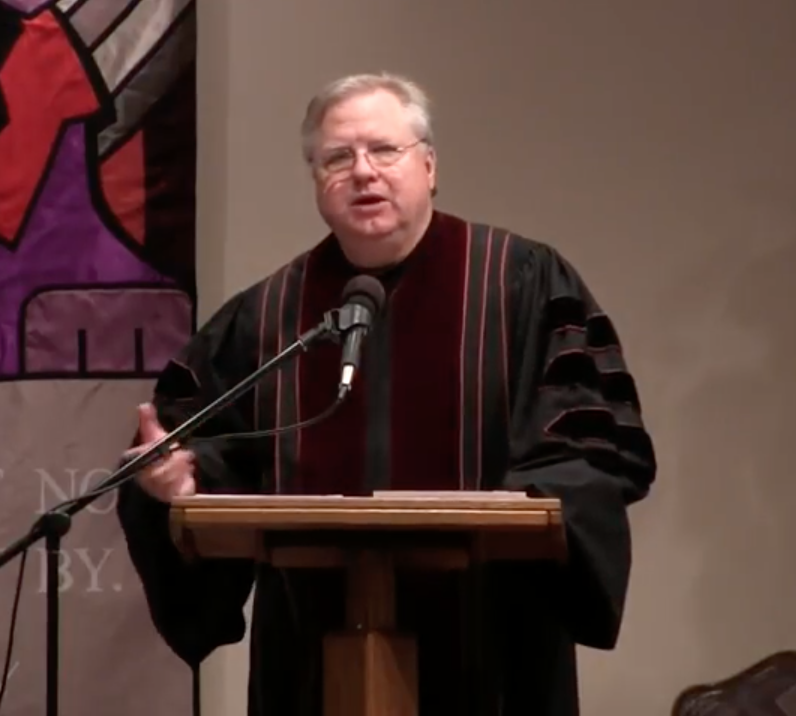Book + DVD - Classroom and/or Home Schooling
This is the third and final year of A Joyful Path Children’s Curriculum. Year 3 is designed for ages nine through twelve. The Year 3 theme is All Life is Sacred.
For Classroom and/or Home Schooling
In A Joyful Path, Year Two, we focused on some of the main tenets of Progressive Christianity and Spirituality, giving our children the foundation they need to understand the basics of this path, to clarify their own personal beliefs and be able to discuss those with others, while at the same time showing what it means to walk the path of Jesus in today’s world.
For Classroom and/or Home Schooling
This is the third and final year of A Joyful Path Children’s Curriculum. Year 3 is designed for ages nine through twelve. The Year 3 theme is All Life is Sacred.
For Classroom and/or Home Schooling
Spiritual Curriculum for Young Hearts and Minds
For Classroom and/or Home Schooling
Year Two focuses on some of the main tenets of Progressive Christianity and Spirituality, giving our children the foundation they need to understand the basics of this path, to clarify their own personal beliefs and be able to discuss those with others, while at the same time showing what it means to walk the path of Jesus in today’s world.
Will you join us in making a difference for children all over the world? Today, children are seriously undernourished when it comes to
One of the struggles many millennials have with organized religion in general is the inability of the older generations to adapt, change, or entertain new ideas and new ways of thinking. This is an issue each generation bumps up against, but this generation and this subject don’t seem to be finding a middle ground.
Beginning January 16, 2020, join co-hosts Dr. Robyn Henderson-Espinoza and Rev. Anna Golladay as they explore conversations fueled by analysis and activism, all in pursuit of getting our collective hands dirty to achieve social liberation.
Our 2020 updated version of the 8 Points of progressive Christianity
Rev. Dr. Yvette Flunder and Rev. Deshna Charron Shine discuss what makes a healthy and thriving church community, how to continually feel nourished by the teachings of Jesus, and how our beliefs inform our actions.
Hosted by author and pastor Brandan Robertson, Patchwork brings together various voices and perspectives on the topics of spirituality, social justice, and culture to help you expand your mind and tap into a richer, fuller life.
All Rev'd Up explores where faith intersects politics and culture. Reverend Irene Monroe and Reverend Emmett Price III come from different black faith perspectives, they're of different generations, they hail from different parts of the country and they come together in this podcast to talk about faith in a different way.
Work out your faith and renew hope through our film library of spiritual leaders and contemplative pieces.
*** This page has moved - please click here to Order Hard Copy and DVD. To see all Purchase Options Please Click Here.
*** This page has moved - please click here to Order Hard Copy and DVD. To see all Purchase Options Please Click Here.
Meister Eckhart’s fervent plea: “I pray God, rid me of God” becomes a sort of mantra for me whenever the task of contemplating the Trinity rolls around on the liturgical calendar.
From The Parliament of World's Religions
The Parliament of the World's Religions is proud to distribute It's About Time, a weekly podcast produced in partnership with our allies at Religica.org and Seattle University.
A denomination not known for controversy is taking stances on issues such as assault weapons, universal health care and President Donald Trump's border wall. The Presbyterian Church (U.S.A.) adopted a declaration during a meeting of the denominations leaders in St. Louis to stake out positions on several social issues, leaving it up to the church's 10,000 congregations and 1.7 million members to decide whether to stand behind the declaration.
Finding God at a Beyoncé Mass
Beyoncé is undeniably the most powerful force in pop culture. So it makes sense that someone decided to bring her music and philosophy into church, where it belongs.
There have been visionary voices in America throughout our history (Jefferson, Paine, Whitman, Emerson, Sojourner Truth, Douglas, Thoreau) who described America in terms of equality, freedom, justice, and civil rights, and even though the vision has never been entirely realized we have made a lot of progress on many fronts, progress that is, very regrettably, presently at grave risk of being lost. Now is no time for progressive thinkers to consider international escape or domestic surrender. Now is a time when people who are spiritually awake must stand and fight (through voting, demonstrations, protests, and possibly . . . revolution) to defend a vision of America about which we can be honestly patriotic.
Dismayed on the Fourth of July: A Ministerial Journey with Donald Trump Growing up in a small town in southern Indiana, the Fourth of July meant friends coming to the house for a cookout, sitting on the front porch, devouring large chunks of sweet and juicy watermelon, and watching an Independence Day parade moving slowly down North Main Street. An American flag gently swayed in the afternoon breeze. The Fourth of July was about celebrating our country. It wasn’t about nationalism. It wasn’t about proclaiming that the United States was better than the rest of the world. Perhaps most notably, it was not a politicized holiday. It was a simple day, naïve to be sure, but a simple day of enjoying one another and remembering the founding of our nation. I share these memories because I’m painfully aware of how differently the Fourth of July feels to me this year under the presidency of Donald J. Trump. I’m guessing it feels differently for many Americans this year. I’m also thinking about it because a few weeks ago I received an email criticizing me over how I have been mixing religion and politics in my sermons, Facebook posts, and in a few of my Take a Breath blogs. But the one word that caught my attention in his long vituperative email was dismayed. He stated that he was “dismayed” that I would make a negative comment about “our” president, President Trump. No minister likes to receive this kind of email on a Monday morning, especially after preaching a sermon the day before, followed by the Coffee Fellowship hour (and fielding a variety of complaints about the anthem and altar flowers), and then a few committee meetings held later in the afternoon. Like most clergy, I prefer everyone to think that my sermons are brilliantly written and eloquently delivered. While I know a few clergy who thrive on stirring the pot week after week, I’m not one of them. I love the people in my congregation, and I also like it when they love me in return. (There. I said it.) Yet my skin has been crawling the past few weeks because of that word “dismayed” and the upcoming holiday of the Fourth of July. The word dismayed literally means the negation of something that is true. Or at least potentially true. Yet it’s more than that. It suggests that I had crossed a social, ecclesiastical or theological line. It’s a word that carries with it overtones of disappointment and shame. He wasn’t merely saying that he disagreed with me; he was saying I should be ashamed of what I was saying regarding faith and the political realities of our world. To be dismayed doesn’t mean a difference of opinion; it suggests anguish, hurt and pain. I’m too much of a curmudgeon these days for a scathing email to derail me. But it did throw me into a state of self-reflection over what it means to be a minister of the Christian faith during the Trump presidency. It has been a cloud, to be sure, or more like a fog, that touches everything about how I approach my work as a clergyperson. I don’t want a church where everyone agrees with me. I have repeatedly urged my congregation, First Congregational Church of Los Angeles, to be a “journey” church and not an “answer” church. I love the diversity of thought and feeling in our congregation. As for myself, all I can do on a Sunday morning is preach the best message I know how to preach at any given moment of my life. I’ve changed my mind through the years. I’ve made mistakes through the years. But in the end, when the bells chime at 11:00 AM, it’s my job to say something about God and what is happening in the world. Or as Paul Tillich used to remind his students, my job is to help the gospel make contact with the world. Knowing he was dismayed caused me to re-check my capacity for empathy. I don’t mean to suggest that I’m right and he’s wrong, or that I feel sorry for him because he hasn’t evolved to my point of view. I honestly want to understand what he thinks and believes. When people say they don’t want “politics in the church,” they may be acknowledging how stressful political discourse has become in our society, and that when they come to a worship service, they want to find something inspiring to help them make it through another week. I understand that. My view of faith is a little broader, because I happen to think Jesus was political. Faith should always be about interacting with our real world. I also think there’s a way to find refreshing spiritual renewal, while at the same time caring passionately about what is happening in our nation. That said, after receiving his email, a new sense of clarity began taking shape inside my consciousness. I realized that I, too, am “dismayed.” Deeply, passionately, and theologically dismayed. I’m dismayed because of the presidency of Donald J. Trump. I’m anguished over what I see happening to our nation. In fact, I’m dismayed that more church members aren’t dismayed along with me, feeling a sense of outrage over issues of injustice and indignity that happen regularly in the political circus that is the Trump presidency. I’m only now realizing that my feeling of being dismayed has shaped everything about who I am as a clergyperson for the past two years, including my sermons, posts and blogs. I’ve tried to restrain my feelings. I have had to talk myself off the ledge numerous times after writing vitriolic posts or deleting whole paragraphs, and in some cases, entire sermons on a Saturday night. But at a certain point, even a minister has to be honest about his or her real experience. I believe churches deserve our honesty. My real experience is that I am dismayed . . . I am dismayed because, at least according to the Washington Post, this president has lied to the American people over 3000 times, and that it is now to the point that no one knows what is true and what is false, what is spin and what is fact. The White House cannot be trusted. This is a fundamental loss in our country. The idea of not bearing “false witness” is essential to the Jewish and Christian faiths, and in fact, it is an essential dimension of morality found in all the great religions of the world. I am dismayed that this president has created foreign policy chaos, including breaking alliances with longtime allies and friends and making our world a more dangerous and unpredictable place. As a clergyperson, I believe we live in a global village, and now more than ever the complexity of the world must be approached with wisdom, insight and intellectual rigor. The survival of the planet now depends upon the moral reasoning of our global leaders, and this is a special burden of responsibility that the President of the United States of America must carry. Even his handshake diplomacy with North Korea feels nervously shaky and unclear. I am dismayed that this president, during a real-time climate disaster, has withdrawn the United States from the Paris Climate Accord, not to mention leading an administration that continues to roll back important regulations and environmental protections. My faith moves me to understand the earth as the body of God, and how we treat the earth is how we are treating the great Spirit of love that is in all things, through all things, and above all things. Furthermore, it has been proven again and again that those who suffer most from a collapsing environment are the poorest of the world’s poor. This is not a political issue; climate change is a moral issue. I am dismayed that this president regularly diminishes the American justice system, including the work of men and women in the Department of Justice, CIA and FBI, and that he has continued to use the Attorney General as his personal piñata. Many of these people kept our nation safe after 9/11. We are a nation of laws, and these laws have their roots in a democratic vision established in the original founding of our nation. While I believe in the separation of church and state, and I have never publicly endorsed a political candidate, I know enough about American history to note that religious faith fundamentally shaped our democracy that is based upon law and not personality. I am dismayed that this president continues to undercut the work of the special prosecutor, Robert Mueller, and is now arguing that, as president, he is above the law, immune to indictment and empowered with the authority, not only to pardon his friends, such as Michael Flynn and Paul Manafort, but is able to pardon himself. I am old enough to remember the crisis of Richard Nixon and Watergate. I had come to believe that our nation understood that no one is above the law, including the president. As a clergyperson, I understand that the misuse of power is one of the great moral issues of our time, and that all power, whether political, ecclesiastical or corporate, must be used judiciously and with unblinking self-honesty. I am dismayed that this president regularly diminishes women, and for that matter, almost anyone different from himself. Evidently he as bought the silence of many women in order to protect his reputation. My faith embraces an egalitarian view of women, believing that they have every right to make contributions to the church and world, and when this president diminishes one woman, he is diminishing all women. Moreover, his vulgarization of women provides a cultural permission slip for other men to do the same, something that is regressive and reprehensible, especially given the realities of the “Me-Too Movement” at the beginning of the 21st century. I am dismayed that this president has offered no humane, compassionate, constructive solution to the challenge of immigration in our country. Building a wall is not a solution; it is only a clichéd campaign slogan. Again, my faith encourages me to love my neighbor as myself, especially caring for the stranger and those who are most vulnerable in life. Even as I write, parents and children are being separated at the southern border of America, all in the name of American justice. If this is American justice, then it is an America I clearly do not recognize. This strategy betrays everything good and true thing about Jesus, who said centuries ago, “Let the little children come unto me.” I am dismayed that this president has not exhibited the moral capacity to understand the anguish of African Americans in our country, especially when he argues that there are “good” neo-Nazis and white supremacists, not to mention publicly shaming black athletes protesting police violence by peacefully kneeling during the national anthem. Of course, his personal endorsement of disgraced actress Roseanne Barr, who was recently fired because of abhorrent racist tweets, is deplorable enough. But when given an opportunity to respond to her incendiary remarks, the president turned it into a narcissistic complaint about his own sense of injustice. My faith teaches me that all people are children of God and that every human being deserves respect and dignity. A few months ago I was watching the television show “Morning Joe,” and they were lamenting the troubles of the day as they do most mornings, but that day the conversation turned to religion. The panel went back and forth until someone asked: “Where are the ministers now? Are any of them speaking up?” These are important questions. Jim Wallis? Of course he’s speaking up. Al Sharpton? Yes, he always speaks up. William Barber? Yes, he’s leading the Poor People’s Campaign. But when you’re in a parish, seeing the same people week after week, it’s not easy to speak up. We love our people and our people love us. People want all kinds of things from their church, including spiritual renewal for their challenging lives. And yes, I’m guessing that a few people in my church voted for Donald Trump. Yet people also want some truth. From time to time I think people need (and deserve) to know what their minister really thinks and feels. It’s risky, to be sure. And it’s challenging. Maybe it can’t be done every Sunday. I don’t know. The full spectrum of life has to be honored in a parish context. But every now and then I’m convinced it’s good for the church and good for the minister to just say it, to stand up and say what he or she is really thinking and feeling and believing. As for me, on the birthday of our nation, July 4th, 2018, it seems like a good day for me to say what I am feeling – I am dismayed. I am dismayed on the Fourth of July. R. Scott Colglazier is Senior Minister of First Congregational Church of Los Angeles and the author of the popular online blog – “Take a Breath” (www.rscolglazier.com). His work as a religious leader has been featured in The New York Times, the CBS Morning Show and CNN. I’m painfully aware of how differently the Fourth of July feels to me this year under the presidency of Donald J. Trump. I’m guessing it feels differently for many Americans this year. I’m also thinking about it because a few weeks ago I received an email criticizing me over how I have been mixing religion and politics in my sermons, Facebook posts, and in a few of my Take a Breath blogs. But the one word that caught my attention in his long vituperative email was dismayed. He stated that he was “dismayed” that I would make a negative comment about “our” president, President Trump.
An inclusive and pioneering exploration of Theology, Spirituality and Current Events
With thousands of subscribers around the globe, Progressing Spirit is the world’s leading outlet for an intelligent, inclusive, and pioneering exploration of today’s theological, spiritual, and social advancements.
How do you feel about me asking you some questions that may be hard for you to answer truthfully? Are you willing to tell me what you really think and feel and believe, even if it could get you into trouble with the church? And how can I support you if you do get in trouble for being fearless and telling your truth?
But when we ignore the fact that we are advantaged while others are disadvantaged, then as innocuous as it may seem we are part of the problem. Indeed, because our own prejudice and discrimination are so invisible to, and insidious within, us we are actually the biggest part of the problem. The overt racists will hopefully be dealt with by the law, but we law-abiding citizens who feel entitled to our advantaged social status while remaining ignorant or disinterested in the disadvantaged status of others can remain easily oblivious and thus conscience free.
“Then let them eat cake.” Whether or not Marie Antionette actually spoke these words is doubtful, but there is no doubt that these five words accurately represented the attitude of the French court towards the nation’s starving millions. Of 23 million Frenchmen prior to the revolution, 10 million subsisted on charity while 3 million begged for a morsel of bread, even as the nobility feasted sumptuously and danced gayly about Versailles. They were totally and willfully oblivious to the plight of the people.
Though adherents of virtually all religions will claim that love is central to their belief system, the unfortunate fact is that religious indoctrination usually comes with a healthy dose of patriarchy, misogyny, as well as homophobia and nationalism. This lays the foundation for a culture that often encourages, defends, protects, and lies about domestic violence. Our words shape our thinking. Our thinking shapes our culture. Our culture tolerates a horrifying rate of domestic violence that is begging for us to change.

